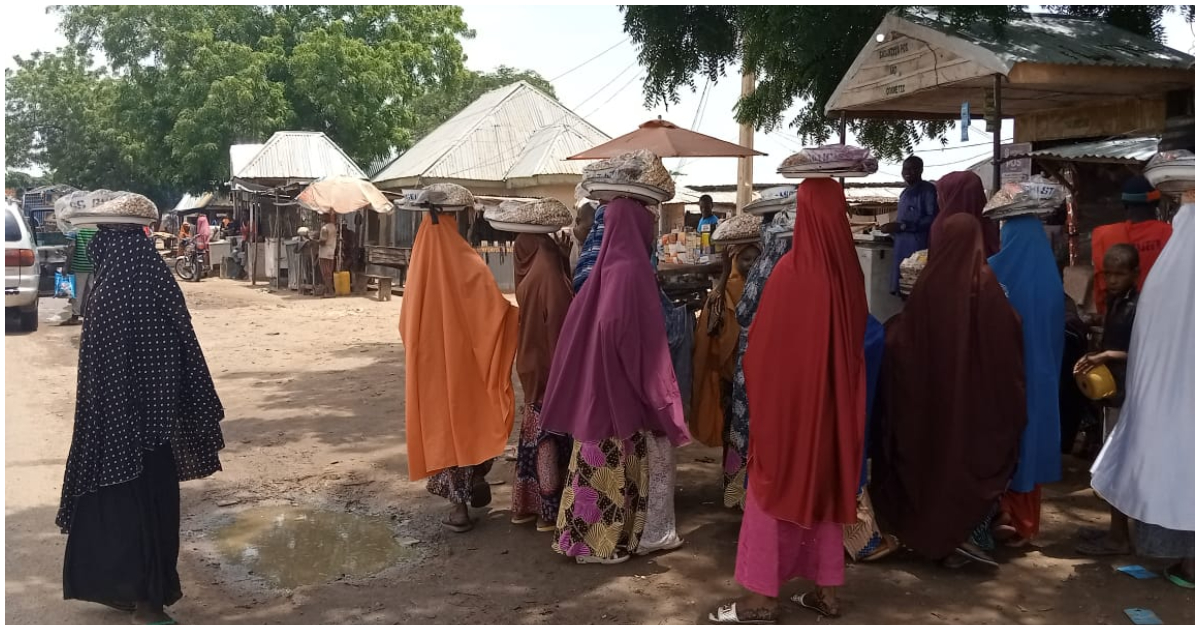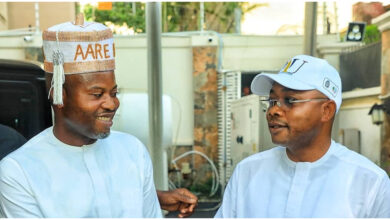The United Nations Children’s Fund (UNICEF), Bauchi Field Office has taken measures to tackle the problem of out-of-school children in the state.
TOP MEDIA reports that it is no news that Bauchi state had been tagged as one of the states of the federation with the highest number of out-of-school children, a development UNICEF found worrisome, hence its collaboration with the state government to tackle the problem headlong.
Speaking with journalists in Alkaleri Local Government Area of the state on Friday, during a field trip organised by the international NGO, Mr. Raphael Aiyedipe, Education Officer, UNICEF Bauchi Field Office, said it was necessary for both parties to understand the situation by going to the communities along with the media.
He explained that this would allow them to meet with some of the out-of-school children, interact with them, their parents, and guardians as well as the community structures to understand their plights and the underlying factors as to why the children were out of school.
“Over the years, UNICEF has been working with the state government and local government authorities to make sure that we reduce this number of out-of-school children.
“That’s why we decided to have this media engagement, if we do this, maybe we will be able to understand better, why the issue of out-of-school children is increasing instead of it to be reducing.
“Now we are also going back to use the traditional structure where every Emirate will understand the situation of out-of-school children within their own Emirates.
“They will talk with their District Heads and then, during the enrollment drive campaign, we will bring them into the structure and work with them effectively,” he said.
According to him, this move would allow UNICEF to effectively reduce the high number of out-of-school children in Bauchi state.
Meanwhile, a cross-section of Women in Masori Community in Alkaleri LGA, recommended that the state government should introduce a community-driven empowerment programme for women to support their children in obtaining basic education.
One of the women, Mrs. Fatima Mohammed, said that women had no or limited resources to support the quest of their children for basic literacy in the interest of human development.
According to her, trades and skills were the backbone for human capital development, adding that most of their men have neglected their parental roles of the child’s rights to education.
Also speaking, Lami Ibrahim, a mother of six, revealed that all her children were out of school due to lack of educational materials to aid the learning process.
She said “Women are left with the responsibility of providing educational materials and financing their children’s education.
“We are full-time housewives without a source of income. So, we send them on street hawking during school break time to get money for their educational needs.
In her contribution, Asabe Baba, a mother of four, lamented that despite several attempts to enroll her children, poverty was instrumental in denying the children access to school.
“Our husbands are mostly peasant farmers and this has made it difficult for us to send our children to school,” she said.
Our correspondent who spoke with some of the out-of-school children in the area, observed that most of them have passion for education but were left at the mercy of their mother who could do little or nothing at all for them to obtain their basic education.
Hauwa Ismailla and Amina Abubakar expressed sadness for not being able to go to school for the past three years due to a lack of money from their parents.
They, however, called on UNICEF, the Bauchi state government, and well as all development partners to come up with plans or initiatives to help them get back to school.





